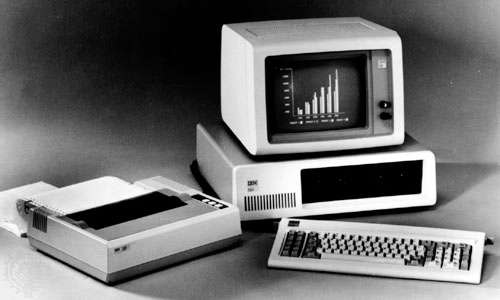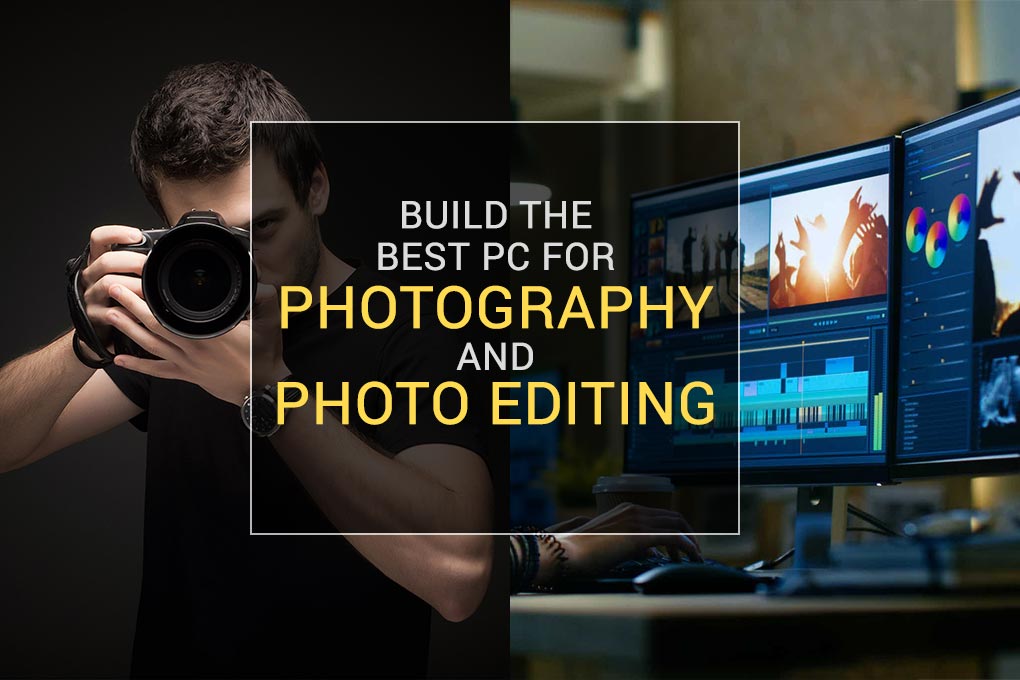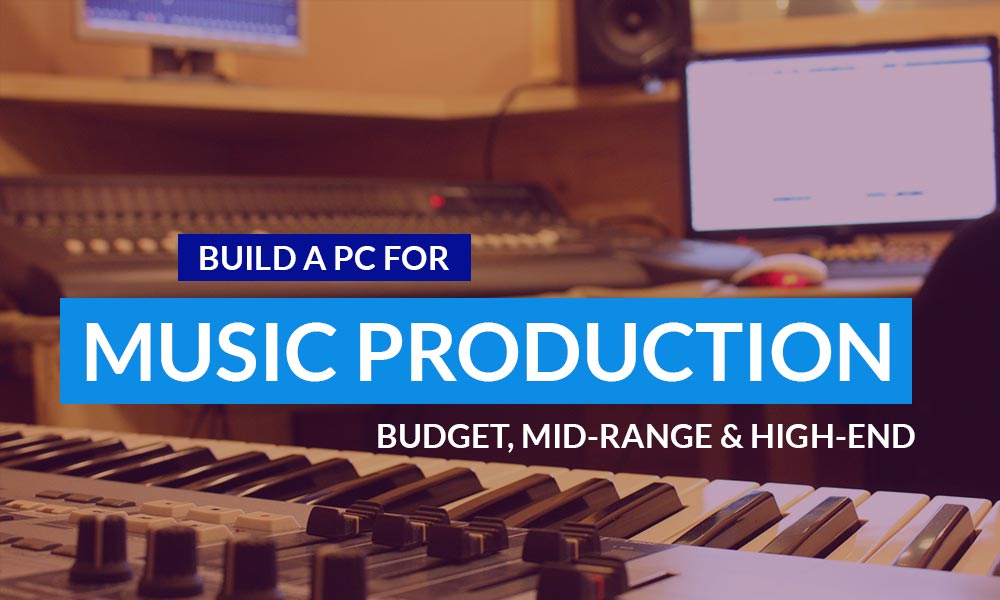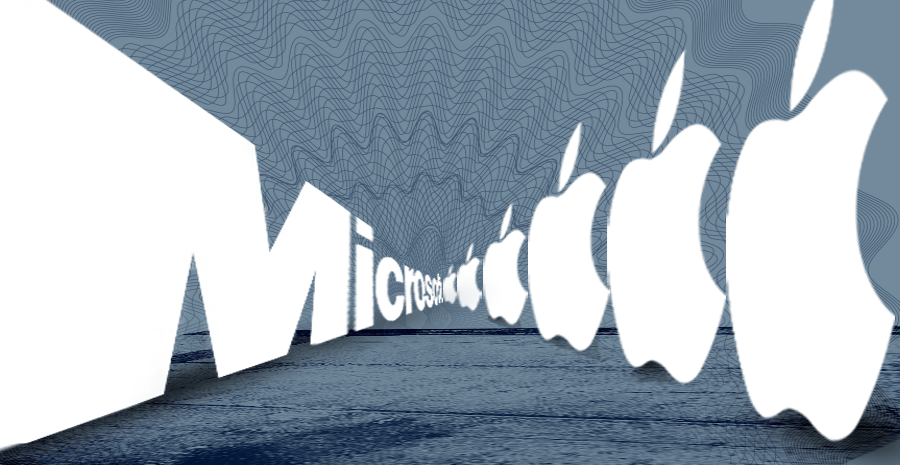Microsoft and Apple Computers have been embroiled in what we term the Mac vs Windows war. They are perhaps two of the most influential technology companies probably in the whole of modern history whose relationship can best be described as bittersweet. This war has spanned almost half a century to date. Surprisingly, both companies have ironed out their relations, and presently Macs running Microsoft Windows operating system alongside the Mac OS operating system is commonplace.
The future of the personal computer is probably tied to the fortunes of these two companies which have influenced the PC industry to a large extent and will continue to be relevant in the foreseeable future. Let’s dig into the past and revisit the story of Microsoft and Apple Computers.
Humble Beginnings: Before the Mac vs Windows War
One beautiful morning in 1980, two lanky young men walked into the offices of IBM with nothing but a disk containing the operating system they had developed for Big Blue. The name of the operating system: MS-DOS, short for, Disk Operating System. That meeting turned out positive, with IBM striking a deal with the nascent company to produce the operating system that would run on their personal computer, the IBM PC. Those two young men were Bill Gates and Paul G. Allen, two friends who grew up in Seattle together.

The IBM PC, introduced in 1981. It ran the MS DOS operating system.
With their self-confidence on a high, these two young men incorporated their new company and called it Microsoft, short for microcomputer software, with Bill Gates becoming the CEO.
On the other hand, 5 years earlier, Apple Computers started with two young geeks – Steve Jobs and Steve Wozniak who were members of the Homebrew Computer Club, an enthusiast group in the San Francisco Bay area. Jobs was the visionary, the business man whereas Wozniak was the technical guru who brought the ideas together in form of usable PC hardware. Together, these two young men founded Apple Computers on the philosophy that the PC should be easy to use and reliable. Microsoft’s philosophy revolves around the idea that the PC should be affordable and commonplace. Both companies had their strong points of course, and this has pitched their users on opposite sides of the divide.
RELATED ARTICLE

The Best PC Build for Photo Editing & Photography
Check out our comprehensive build guide for Photo Editing and Photography. Equipment recommendations and buying guide included.
Early Growth
Microsoft and Apple ventured into an industry that was uncharted territory; PCs at that time where basically unaffordable and bulky – only the large corporations could afford one as a matter of fact. The only powerful player then was IBM. But things were about to change quickly.
Much later, following the success of MS DOS, Microsoft released Windows 1.0. By the early 90’s, Windows was in its third version, and was shipping millions of copies monthly. This greatly transformed the company’s fortunes because PC manufacturers were adopting Windows as the operating system of choice on their products, resulting to around 90% of the world’s PC’s running the Windows system software. Microsoft upped its ante with the release of Windows 95 in 1995, further strengthening its position as the preferred PC system software maker.
Microsoft also became the dominant leader in PC productivity software with its office applications such as Word and Excel, beating rivals WordPerfect and Lotus 1-2-3 to the game. Other products the company developed include the Encarta Encyclopedia, the Microsoft Network and MSNBC. In 1996, the company posted a net income of $2 billion dollars for the very first time. It was positioning itself as one of the most profitable companies in American history. By 2009, the company’s net income jumped to $14 billion.
Apple fared similarly. The company had leveraged on the success of Apple 1 in the mid-seventies, and gone on to release the Apple 2. The Apple 2 was a phenomenon, owing to the fact that an application called “VisiCalc” was behind much of its success, despite the huge price tag of $1,300. VisiCalc, a spreadsheet application and an invention of Dan Bricklin and Bob Frankston, was driving sales for the Apple 2. Over a period of sixteen years, the Apple 2 sold over six million units.
Expansion: Mac vs Windows
This was just the beginning for Apple. Few years later, Apple began to target a PC that anyone could easily use, and their R&D department came up with two projects: Lisa and Macintosh. Both projects were launched consecutively in 1983 for the Lisa and 84 for the Mac. Interestingly, the Mac became the clear winner with its cheaper price and better applications. This was credited mainly to Jobs’ presence in the development team.
It is on record that the Mac pioneered the GUI and the mouse as an input controlling device. These innovations were novel at the time. It is also on record that the GUI was borrowed from Xerox Corporation’s Palo Alto Research laboratory. Pity their computer didn’t enjoy the runaway success of the Mac.
Microsoft would later expand their products with the debut of Internet Explorer, and ensuring that it maintained market dominance with its internet browser. Years later, this would become the subject of protracted lawsuits against the company for unfair advantage over its competitors.
Other products Microsoft introduced include Xbox, Zune, and the Windows OS for mobile phones. All these products helped in no small measure to transform the revenues of the company, though there was stiff competition such as the Playstation and Nintendo, which were contenders against XBox in the gaming sector.
The Rise of Desktop Publishing and New Operating Systems
The Apple company pioneered desktop publishing with the release of Adobe Pagemaker, an acquisition from Aldus, founded by Paul Brainerd. Adobe would later buy over Pagemaker and launch it as a full fledged desktop publishing application for the Mac. The emergence of the Apple LaserWriter laser printer around the same period contributed to the explosion of the desktop publishing industry in the US, and much revenue for Apple.
On the OS front, Microsoft released Windows 98 and 98SE in 1998, Windows 2000 and Window NT were released at the turn of the new millennium. Windows Millennium Edition and Windows XP followed in 2002 and 2005 respectively. These operating systems had their strengths and weaknesses, apart from the fact that they were designed for peculiar environments. For instance, Windows NT targeted the server market, while Windows ME was a revamp of Windows 2000 and targeted home users. Apple stuck with their Mac OS iterations over the years.
Disagreements on strategy caused Jobs to resign from Apple and founded NeXT, which produced high-end servers for enterprises. Then enter the PowerPC years, a period of merger between IBM, Motorola and Apple. These period saw the emergence of PowerPCs, a flagship product that would be around for almost a decade, and would give way to the PowerMac G Series and iMacs. The magical iMac was responsible for the rebound of Apple’s fortunes after Steve Jobs returned to head the company in 1997.
Microsoft continued it’s dominance of the PC market, maintaining a nice 82-96% share. However, it wasn’t always a smooth ride for Microsoft because consumers still had to choose between Mac vs Windows as their operating system of choice. When Microsoft released Windows Vista in 2007, the public were reluctant to embrace the OS, because of its many problems such as inefficient hardware management which resulted to poor performance. Microsoft quickly went back to the drawing board and reworked the whole Vista architecture, and the result was Windows 7, released two years later. Windows 8 arrived in 2012, and in 2015 the latest version, Windows 10, was released.

The Windows Vista Desktop
RELATED ARTICLE

Best Gaming PC Build for all Budgets – Full Guide
We take you through our best guide yet on the best gaming PC build for all budgets.
Competitive Edge
The two companies – Microsoft and Apple, have a lot in common. They were both started by two young men with great ambition and vision. The founders took drastic decisions to float their companies – Gates had to relinquish his university education to focus on his company, while Jobs had to sell off his Volkswagen minibus vehicle. Apart from this, both companies were like pioneers – they blazed a brand new trail in the niches they carved out for themselves. Apple set out to make computers easier to use, whereas Microsoft’s main goal was to make the PC affordable for everyone.
As much as their similarities existed from the outset, they also differed much in their respective philosophies and approach. Microsoft believed that PCs should be accessible and affordable, and at the same time, the architecture was open, allowing third party hardware to be incorporated in Windows PCs. Well, Apple made their PCs much pricier and did not allow 3rd party hardware. To them, it was a thing of pride and prestige to own an Apple computer!
In addition, in the early days, Apple and Microsoft were embroiled in the GUI (Graphical User Interface, the graphics displayed on the screen of a computer that allowed a user to interact with the machine) dispute. This began when Apple sued Microsoft for copying its style in implementing its GUI for Windows 1.0. It claimed Microsoft violated an earlier agreement on using some of Apple Macs GUI elements in the Windows OS. Of course, this ended up in litigation, even though Apple lost the case after four long years in court.
However, the biggest threat to Apple was the release of Windows 3 in the early 90s. This was because the Windows platform was much cheaper than the competing Macintosh. This was further worsened by the release of Windows 95 in 1995 and Intel’s Pentium line of processors being incorporated into PCs.
Apple countered with the release of the iMac, which is adjudged to be the fastest selling PC in history. Microsoft released the Zune in response to the iPod. Similar scenarios exist in the history of both companies: Apple released their iPad as a response to Microsoft’s Tablet PC, which did not come close to the runaway success of the former. Microsoft’s Windows Mobile was their solution for mobile phones and portable devices, a platform like Apple’s iOS.
The Macbook is another successful product from Apple. It is on record that the company pioneered the ubiquitous touch pad by inventing the magic pad on the earliest Macbooks. Apple released the first Macbook in 1991, and since then, the Macbook has proved to be a huge success. Microsoft does not have its own laptop or hardware product line.
In the smartphone department, Windows released Windows Phone as their response to Apple’s iPhone. Also, Safari was a response to Microsoft’s Internet Explorer. This scenario keeps repeating itself right from the early days to date in the life of the two technological giants.
RELATED ARTICLE

Build a Music Production PC 2020 – Full Guide
Want to set up a home music studio, here’s our guide on building a PC for Music production…
Lessons from the Mac vs Windows war
The war is far from over, what with the recent acquisition of Nokia by Microsoft, a move many believe will revolutionize the fortunes of Microsoft in the smartphone industry. The battle still continues.
Even though the Mac vs Windows war helped produce better products due to the competition, yet one invaluable lesson stands out.
Apple has learned the hard way that no one is an island when they decided to restrict its hardware architecture to accommodate only Mac hardware. Microsoft didn’t go this way – they always maintained an open architecture for their Windows OS. This enabled third-party developers to write applications for the PC, further widening Microsoft’s market share. By the time they realized much later, Microsoft was clearly the market leader. This is one of the reasons why Apple decided to approach Microsoft to develop its Office for the Mac.
Conclusion
To a large extent, these two companies shaped the PC as we know it today. We owe much to their ingenuity and technical innovation. At the end of the day, the end-user is the biggest beneficiary. Even though a lot has changed over the years at both companies, consumers must make a decision whether they want it easily affordable but with stability issues, or costly but more stable. Which camp do you belong to: the Windows or Mac camp, the Microsoft or Apple camp?
Let us know in the comments section below, with the major reason you favor a particular platform or company. Visit our home page for a complete guide on how to build your PC step by step. You can also try our PC Builder and Cost Calculator. We have many build guides for Custom PCs which you might want to check out.



Pingback: URL
I blog often and I really appreciate your information. This great article
has really peaked my interest. I will take a note of your blog and keep checking for new details about once
a week. I subscribed to your RSS feed too.
Glad you found it useful. Thanks.
Hi, I do believe this is an excellent site. I stumbled upon it 😉 I am going
to return yet again since I bookmarked it. Money and freedom
is the greatest way to change, may you be rich and continue to help others.
Good to know
Hello Dear, are you actually visiting this web site
daily, if so then you will without doubt get fastidious knowledge.
Very soon this website will be famous among all blogging and site-building people, due to it’s good articles
Thanks
I could not resist commenting. Well written!
Thanks for the commendation
Peculiar article, just what I wanted to find.
Good to know… Thanks
What a very nice content I am reading on your blog! It is so full of insight that I really think will help me in doing some findings about this topic nice work.